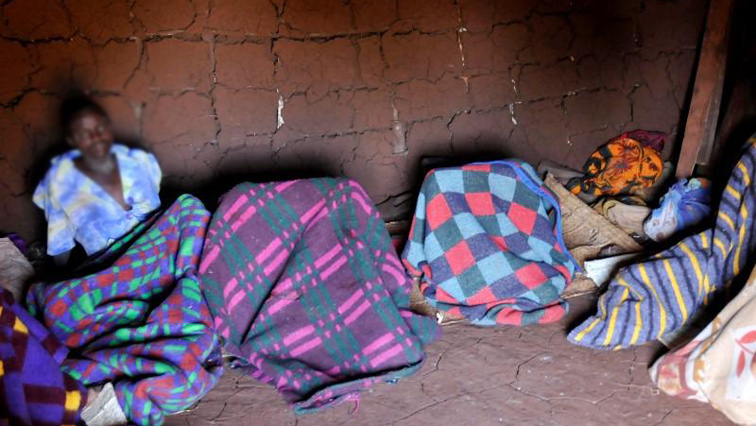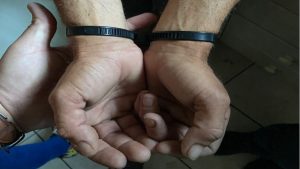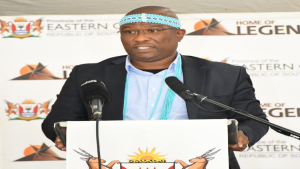The practice of female circumcision continues to be practiced in South Africa and the latest group of young woman to undergo this traditional rite have just completed the annual process. The Basotho baTlokwa people still practice the traditional rite and more than 500 girls underwent the practice in Mt Fletcher in the Eastern Cape. But Civil Rights Organizations are opposed to the practice.
However, The BaTlokwa chief, Montoeli Lehane remains unmoved about female circumcision despite the criticism, saying their female ancestors also went through the custom. He lambasted all those opposed to female circumcision and to leave the BaSotho baTlokwa alone.
“You know this practice of female circumcision, it is so important in our women, wives and girls because it restores their dignity and respect and also to maintain the identity. As long as you are we are a Tlokwa you must know what the custom entails.”
Motshepile Legadi has gone through female circumcision and says this is part of her life as a Basotho baTlokwa.
“It’s not a must, it’s not forced but some of them because they are sick they have to be circumcised, it is really not forced to anyone. If you like it or you want to go , you have to do it as long as you are a Sotho and it’s your tradition. And the old ladies tell us a lot about how we are supposed to carry ourselves, how we supposed to carry on until we reach a certain stage.”
Women in the village are proud to be associated with female circumcision. They believe this ritual defines their culture and identity.
“Noooo!!! Here as Batlokwa , we are happy about what we are doing, it’s our culture , it’s our tradition. Our husbands respect us as women so we really do not have any problem. I love female circumcision. People do not know what they are saying, we know this custom it is ours and no one will divorce us from it.”
A customary law expert, Professor Digby Koyana, says African traditions that include female genital circumcision, ukuThwala and virginity testing are not prohibited according to African beliefs. He says human rights violations does not exist from a customary law perspective.
“It’s a human rights violation in the eyes of somebody else not in the eyes of the people. But to force those people who have not been brought to a standard where they can graduate and march out of the custom and do something else, to those people it is unfair and unjust and it’s a waste of time to try and say they must not do these customs because they will never get it to be stopped.”
A gender activist, Nomsisi Batha, condemns the practice of female genital circumcision in the name of custom. She says it’s brutal and painful.
“This thing about Female genital Mutilation is a health risk and very brutal and it’s very painful and harmful to young women and it leaves a lot of complications in their health. It’s for the satisfaction of man so that when men when have an intercourse with you they get satisfied because the vagina has been tampered with in a very painful and harmful way. Why are we doing it? Government should intervene and abolish it.”
The Department of Social Development in the Eastern Cape says the practice must not violate the rights of young women.
“Even if it’s a norm, a norm exists within a particular set of regulations. In this case the constitution, if a norm is in a position to diverse what the constitution is instructing us to do as the society that norm ceases to exist. Even in this case it must be tested against the constitution and if it transgresses the constitution the necessary institutions that have been set up by the constitution itself are going to intervene to stop this kind of a practice,” says the Department’s spokesperson Mzukisi Solani.






